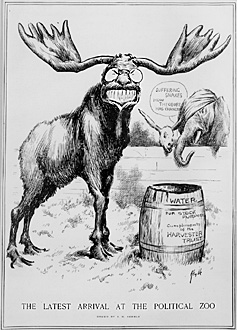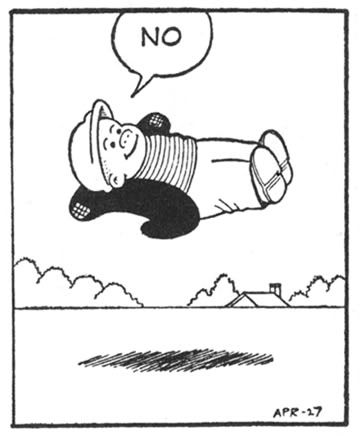
Timothy Leary, Danny Rose & Ricky Gervais at Altamont
This morning I took an Ink Spots record off the shelf I picked up somewhere along my way, to which I listened maybe once or twice. Thanks to You is a live recording from the "Beautiful Brookdale Lodge" a little north of Santa Cruz, CA (there's a handy map to the location on the jacket). Scant on liner notes, I'd guess this is from the early fifties. Their 1946 hit, "The Gypsy" is missing from this set, but there is a pronounced modernity to the singing style and arrangements that leads me to believe it was merely an omission, not convincing evidence that the record came before the song.
The group's career spanned three decades and saw significant line-up changes along the way, as such this record reinforces my basic impression of them as being a kind of professional act whose best effects were measured, timed and practiced like mortal feats in a circus. The vocal harmonies feel warm and broken in, but not casual--whatever the recording date, the guys were still very much working for it. And the pervading aura is of a proto-doo wop pioneer group settling confidently into the era they'd helped to foster in.
It put me in the mind of a fantastic pipe dream I've carried for a few years now. I got the idea while watching Woody Allen's 1983 faux documentary, Zelig. If you're not familiar with it (shame on you!) the story concerns Allen's Leonard Zelig, an everyman who through a mysterious accident developed the supernatural ability to morph into people in whose company he found himself. It's a clever materialization of Allen's own affinity for the popular culture of the jazz age, an era frustratingly not his own. Allen concocted a soundtrack of (also faux) period pop tunes that, several generations removed at any rate, sound like the real deal.
The idea I had was to produce an archival collection that transitions seamlessly between songs from the Zelig soundtrack (period songs known to be inauthentic), the bigs ones, like charleston dance hit, "Doin' the Chameleon"; songs from that era--any old croaky thing from Charley Patton would do fine; and "newly discovered tunes" (songs unknown to most as inauthentic, but you know, sounding spot on) and present the set as Music From the Zelig Era. Yazoo, or El or any number of archival labels could successfully pull it off--Nick Tosches could write the notes.
I think what made the Ink Spots record jog this memory was the prescient way they moved their catalog hits (1939-40 was their banner year) into a new context. Zelig worked in reverse, taking brand new compositions and tailoring them to long past conventions, recording effects and cultural signifiers. Music From the Zelig Era would, in essence, do both, transparently--though not explicitly, winking at the listener who will find his or her own distinctions within the assortment of actual and virtual, ideally coming to the conclusion that the whole thing is authentic.





